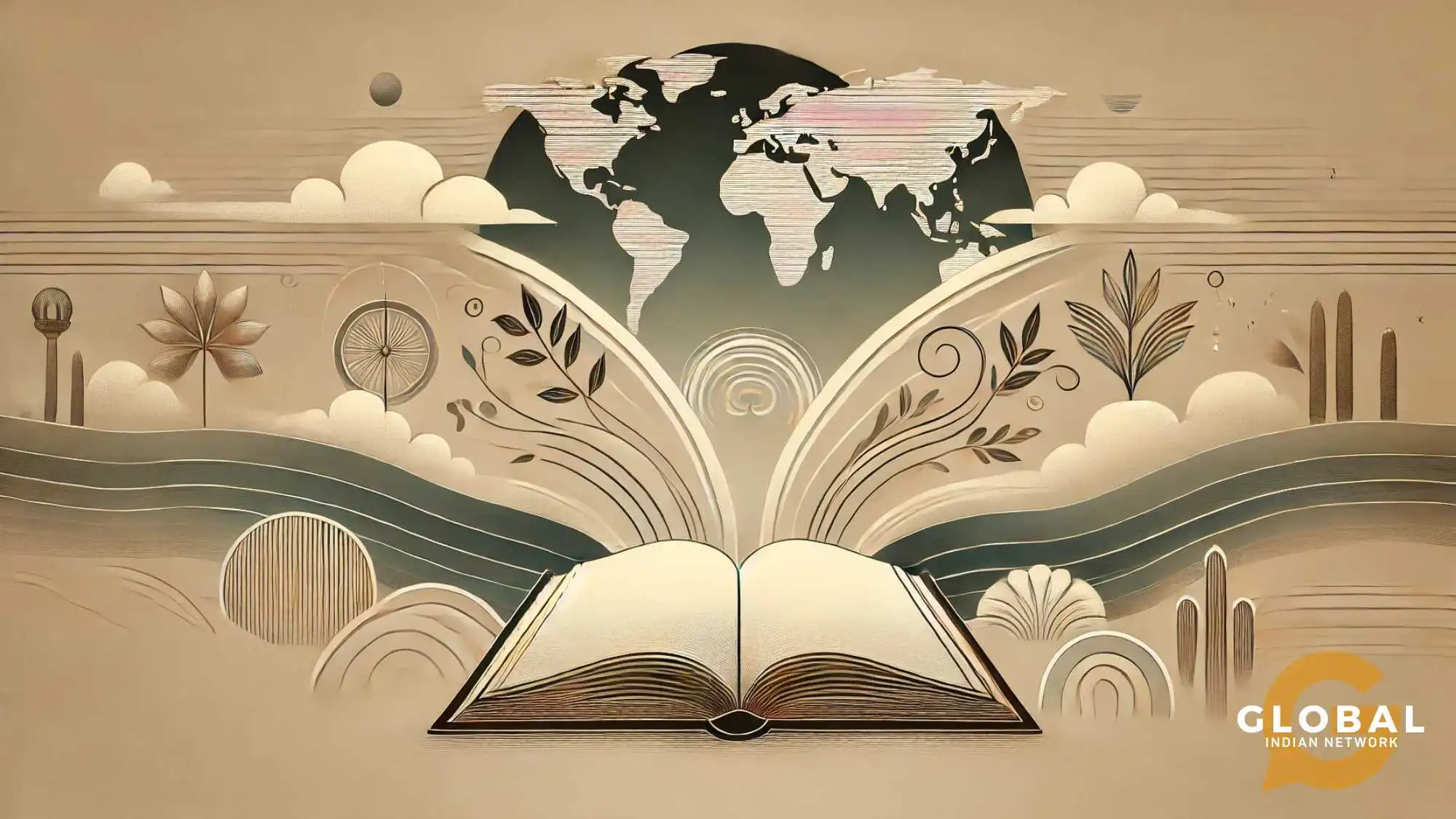The Indian story is one of the most layered and diverse lived experiences. Geographic and societal location dictates what level one may engage and how being Indian is defined to them. This is also true of diasporic writers.
Born or brought up away from their homeland, members of the Indian diaspora and, by extension, diasporic writers have a different idea of what it means to be Indian. The theme of identity is often prevalent in their work, as is the struggle to reconcile the two identities they’ve developed as inherently Indian and products of their environment.
The themes they explore are not limited to the above and, in most cases, are better understood by reading them. In no particular order, here are 10 diasporic writers you should be reading right now.
Table of Contents
10 Diasporic Writers Worth Reading
Here is a list of ten diasporic writers to choose from.
Jhumpa Lahiri

Nilanjana Sudeshna “Jhumpa” Lahiri is a British-American author of novels and short stories. Born in London to Indian parents from West Bengal in 1967, Lahiri has since penned several short story collections. The first, Interpreter of Maladies, won her the Pulitzer Prize for Fiction.
Many of the stories from Interpreter Of Maladies revolve around Indians and Indian Americans as they navigate the new world with a compass from their old one.
A similar theme emerges in Namesake, Lahiri’s 2003 Booker Prize-winning novel. With inspirations drawn from her own life, Lahiri’s characters in Namesake face the strife of defining who they are as Indian-Americans.
Salman Rushdie

Sir Ahmed Salman Rushdie is an Indian-born British-American novelist, perhaps the most popular and controversial of the diasporic writers.
Rushdie combines historical fiction and magical realism to tell his stories. Midnight’s Children, which won Rushdie the Booker Prize in 1981, is one such novel. Set in newly independent India, the book’s protagonists are imbued with special powers, an imagery Rushdie uses to mirror India a few decades after independence. The book also earned Rushdie the Booker Award.
The Satanic Verses was another of Rushdie’s novels that propelled him into infamy. The book’s religious setting led to him being heavily criticized by conservative Muslims and even banned in 20 countries, with the Supreme Leader of Iran issuing a Fatwa.
Albeit controversial, Rushdie’s tendency to push the limits of storytelling is well worth picking up.
Kiran Desai
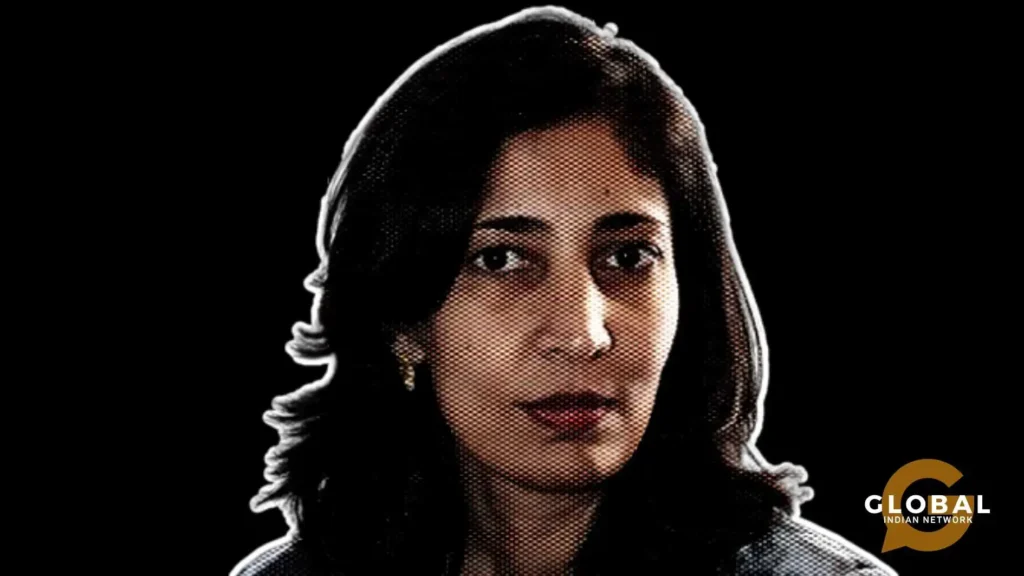
Unlike most authors in this list, Kiran Desai is an Indian national. Born in 1971, she migrated first to the United Kingdom and then to the United States, where she studied creative writing.
Her life shaped her most well-known book, The Inheritance of Loss, which earned her a Booker Prize award. The Inheritance of Loss explores migration in the literal and metaphysical sense as characters try to bridge the gap between the world they were born into and the one they move into and reconnect the generational gap.
Kamala Markandaya
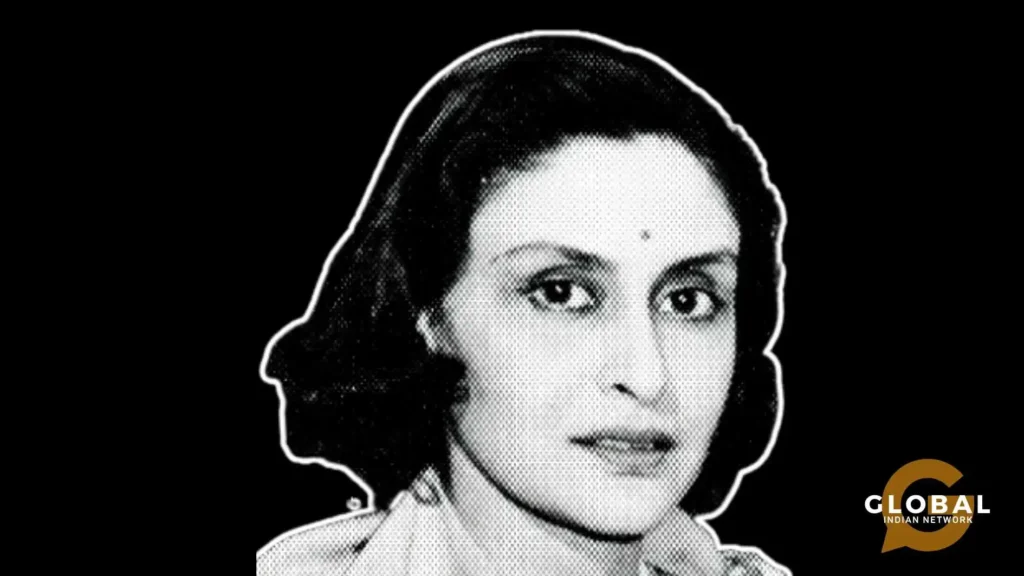
Nectar in the Sieve, published in 1954, introduced Kamala Markandaya to the world, or rather the world to Markandaya. Born in Mysore, the British-Indian is considered by some to be one of the most important English writers in Indian literature.
Unlike the works of other diasporic writers, her book Nectar in the Sieve focuses solely on Indi. Set during a period of rapid urbanization, it delves into the cultural clash between rural and urban life, which is a reality for many of India’s internal migrants, even 70 years after its publication. Markandaya’s work proves to be cathartic.
Bharati Mukherjee
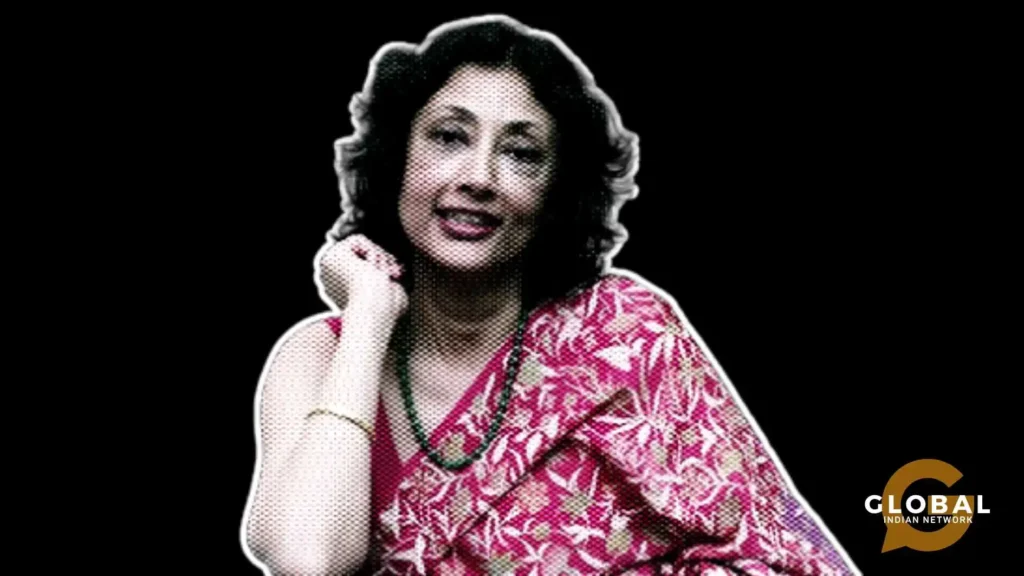
Bharati Mukherjee was an Indian-American Canadian writer of novels, short stories, and nonfiction. Her experiences throughout her life shaped her work in both fiction and nonfiction.
Though Mukherjee explicitly considered herself an American writer and not an “Indian expatriate writer”, her work still was influenced by her Indian roots. Indian roots that her work in The Sorrow and the Terror, a nonfiction book, showed did not dilute her Americanness or Canadianness. In The Sorrow and the Terror, which she co-wrote with her husband, Mukherjee laments about how the bombing of Air India Flight 182 was not viewed as a Canadian tragedy despite 268 of the 329 passengers being Canadian nationals.
Vikram Seth

Vikram Seth is another Indian diasporic writer who maintains his nationality of birth. The novelist and poet has penned many books, including novels, short story collections, and poetry collections.
Seth’s novels pushed him into the mainstream, with his award-winning book A Suitable Boy being adapted into a television series by BBC in 2020. Seth flexes his creative muscle in his poetry, where he has translated and reimagined classics in his collections, most notably Beastly Tales.
Indra Sinha
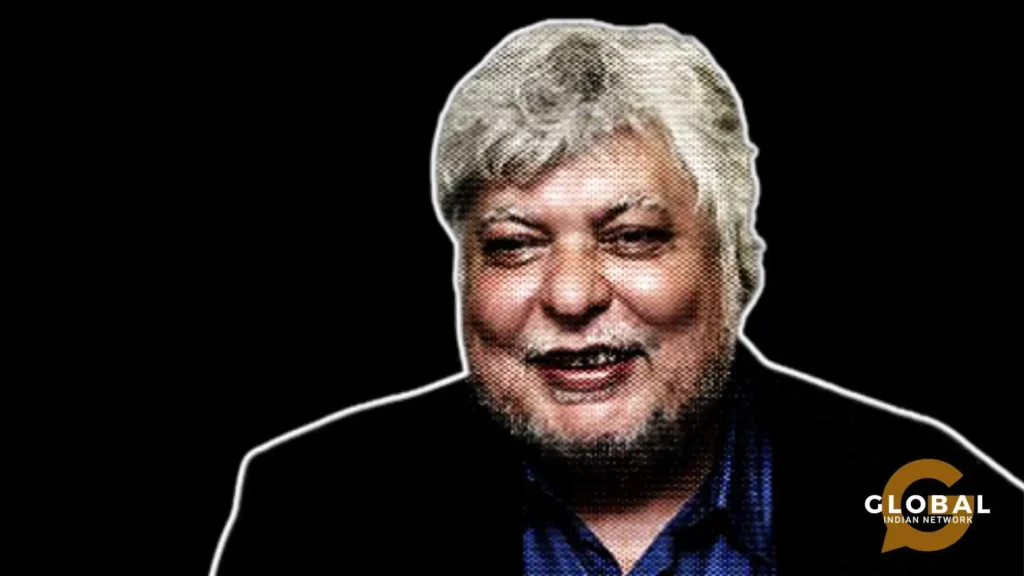
An Anglo-Indian born in Maharashtra before moving to England, Sinha is one of India’s and England’s most-known copywriters. He is well known for creating hard-hitting campaigns for charities and humanitarian aid.
His campaigns for Amnesty International and Bhopal Medical are two such highlights. Having become disenchanted with the world of marketing, Sinha focused on writing. His most recent work, Animal’s People, was written in 2007 and was shortlisted for the Booker Prize (the Man-Booker Prize).
Sonia Faleiro

Born in Goa before moving to Edinburgh for her postgraduate studies, Sonia Fareiro is one of India’s contemporary diasporic writers. The author and journalist has been praised for both her fiction and nonfiction works.
Faleiro’s work humanised the marginalized, an attribute that won her the 2011 Karmaveer Puraskaar for Social Justice for “drawing attention to India’s most vulnerable and writing about them with sensitivity, humanity and integrity.”
Nawaaz Ahmed

Born in Tamil Nadu before relocating to the United States, Nawaaz Ahmed is another of India’s contemporary diasporic writers. He is relatively new to the literary field, having jumped from the world of computer science.
His first book, Radiant Fugitives, follows three generations of Tamil Muslims in Tamil Nadu, California, and Texas. It explores one’s identity with religion and society in ever-changing environments in an ever-changing world.
Sanjena Sathian
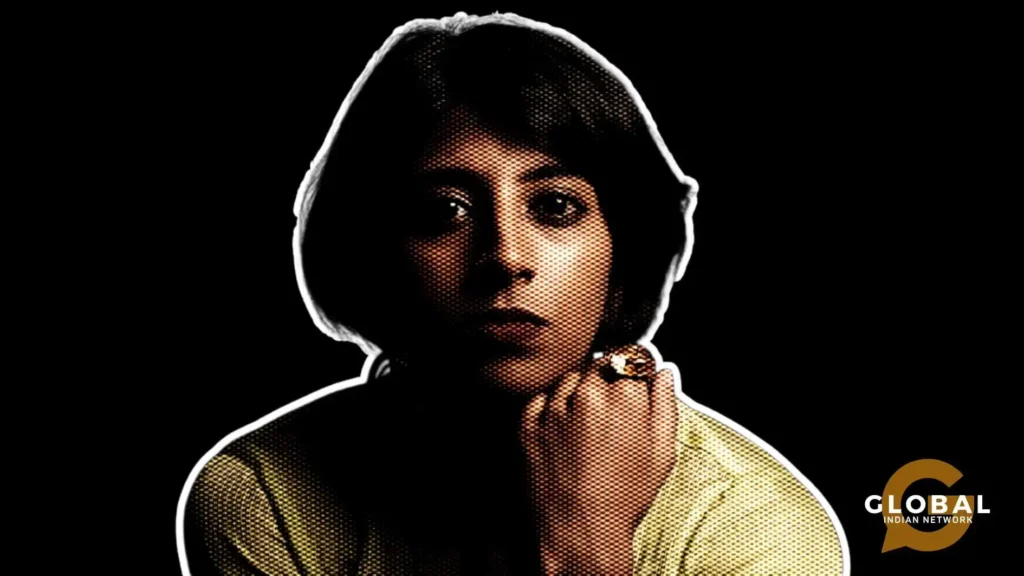
Raised in Atlanta, Georgia, Sathian is the child of American immigrants in the United States. After graduating from Yale, she worked as a journalist before moving into writing.
Her debut novel, Gold Diggers, is a magical realism novel set in Georgia. It is a coming-of-age story that captures the affluence of upper-middle-class Indian Americans, a somewhat untold area by diasporic writers. Mindy Kaling is slated to adapt the book into a television series.
Conclusion
India is one of the most diverse and artistically rich countries in the world. This is reflected in the nation’s abundance of diasporic writers and storytellers. Through their works of fiction, nonfiction, poetry, and essays, they have put into paper what already existed in the ether of so many lived experiences.
Not only do diasporic writers give a voice to these many storied lives, mostly inspired by their own experience, but they also provide an anchor for many and a vocabulary for the emotions of the different shades of brown in the diaspora.




